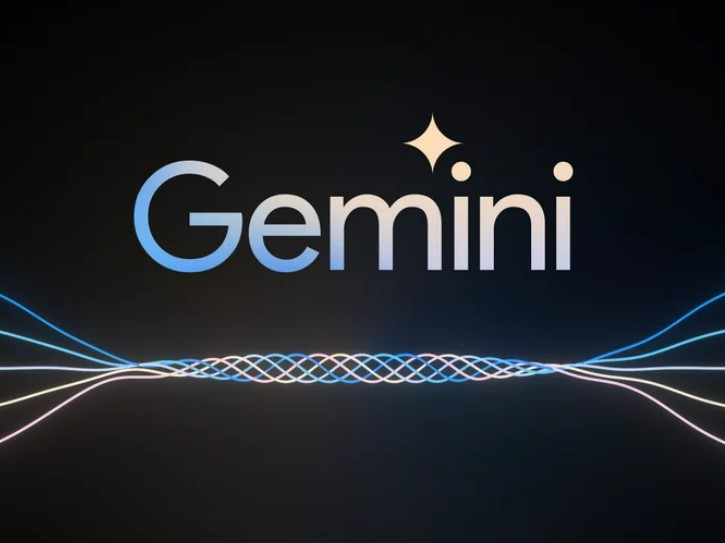Google’s Gemini rebrand shows it’s not afraid to go back to the drawing board to secure generative AI success
Google announced Bard and Duet AI will be rebranded to ‘Gemini’ as the tech giant looks to create a more concise, aligned brand appeal for its generative AI toolkit

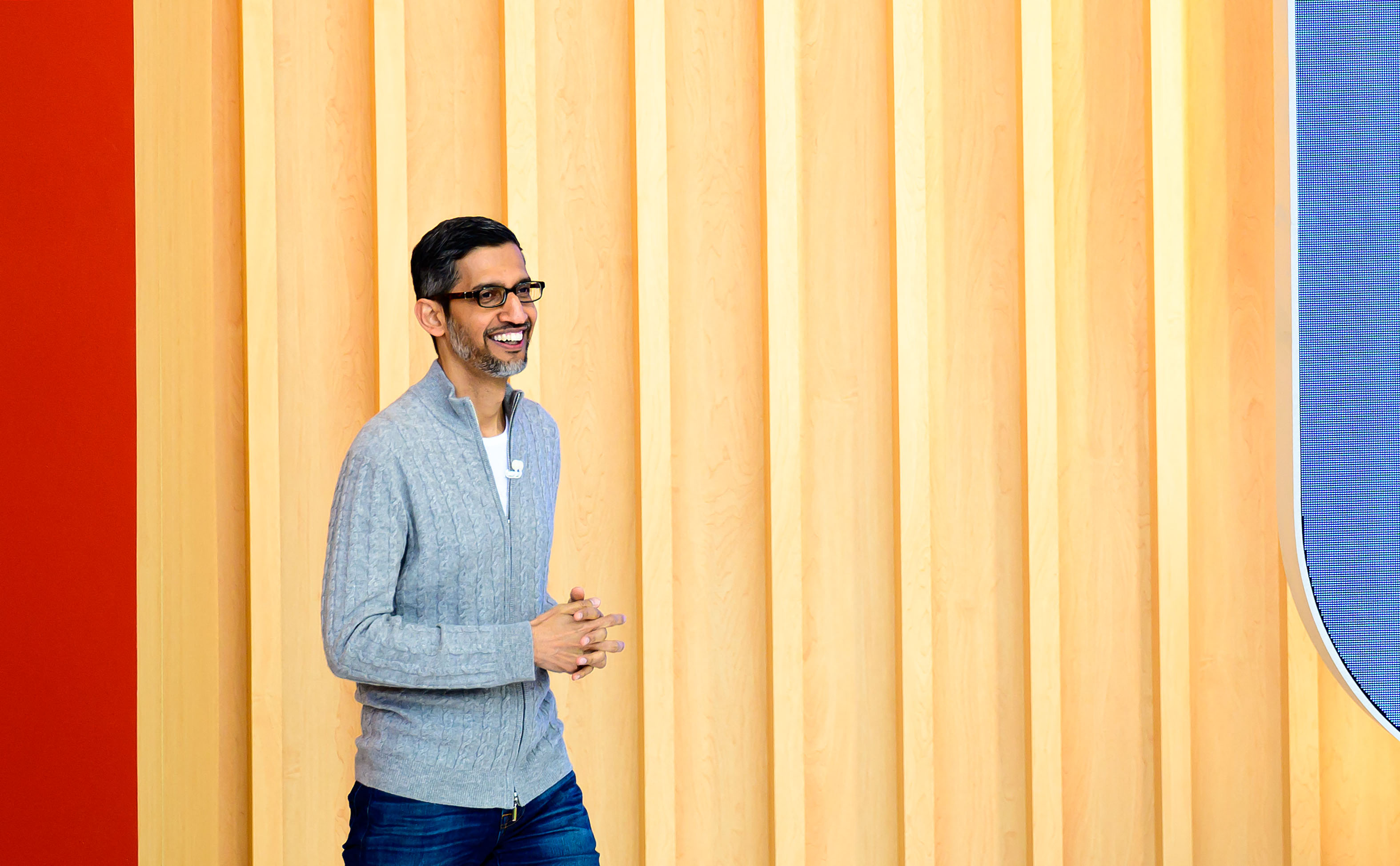
Sign up today and you will receive a free copy of our Future Focus 2025 report - the leading guidance on AI, cybersecurity and other IT challenges as per 700+ senior executives
You are now subscribed
Your newsletter sign-up was successful
Google is no stranger to scrapping or rebranding product lines, and last week offered another prime example when the tech giant announced it plans to rename Bard, its flagship generative AI chatbot, to Gemini.
In December, the company waxed lyrical about its Gemini large language model (LLM) range, which it clearly aims to position as a direct competitor to OpenAI’s GPT-4.
The largest model in the Gemini range, Ultra 1.0, was the first to outperform human experts on massive multitask language understanding (MMLU), which uses a combination of subjects to test a model’s knowledge and problem-solving capabilities.
From a branding perspective, it makes sense for Google to rename Bard to Gemini, according to Chirag Dekate, VP analyst at Gartner. Fundamentally, the company wants to create a clearer, more aligned portfolio for its flagship AI services and features.
2023 was a year of ‘ideation’ in generative AI, Dekate told ITPro, and the rush to roll-out new products meant that many of the leading providers in the space weren’t afforded ample time to formulate a clear-cut brand ‘image’ for products, which in this instance Google appears to have struggled with.
“If you saw what was happening in 2023 from a cloud provider and hyperscaler perspective, the pace of innovation far exceeded product management and, more importantly, product marketing capabilities,” he said.
“We saw many of them try to outcompete one another by getting technologies out the gate faster, sooner.”
Sign up today and you will receive a free copy of our Future Focus 2025 report - the leading guidance on AI, cybersecurity and other IT challenges as per 700+ senior executives
But there’s more to the move than just a simple change of terminology - Google is also changing what’s under the hood of its AI products, Dekate added.
When Bard launched in early 2023, the AI assistant used Google’s LaMDA large language model. This latest change, however, will see the chatbot underpinned by the more powerful Gemini range.
Bard isn’t alone in this rebranding effort, either. Duet AI, which much like ‘Copilot’ at Microsoft has been woven into the very fabric of Google’s core product offerings, such as Workspace and Google Cloud Platform, will also be subject to the transition.
“Duet AI will become Gemini for Workspace, and soon consumers with the Google One AI Premium plan can use Gemini in Gmail, Docs, Sheets, Slides, and Meet,” the company said last week.
“For Cloud customers, Duet AI will also become Gemini in the coming weeks.”
Was Google hasty with its Duet and Bard naming?
Such a comprehensive rebranding begs the question of what exactly Bard and Duet AI were meant to represent for Google. It could be argued that they were somewhat of a stopgap until the tech giant could build up its capabilities.
It’s no secret that Google was broadsided by Microsoft in late 2022 with the launch of ChatGPT, and since then the latter has stormed its way to an emphatic lead in the generative AI race.

In recent months, Google and AWS have both clambered to keep pace with Microsoft, which in January surpassed Apple as the world’s most valuable company - and generative AI success was a key factor in this.
In December 2022, Google was reportedly in a state of ‘code red’ as the tech giant looked to meet the challenge posed by ChatGPT developments.
The company was said to have reassigned internal departments to help drive the development and roll-out of new AI products to keep pace with Microsoft.
CEO Sundar Pichai was directly involved in this rapid pivot to generative AI development, internal memos suggested at the time, with the New York Times reporting that he had “upended” the work of several divisions in the company.
“From now until a major conference expected to be hosted by Google in May, teams within Google’s research, trust and safety, and other departments have been reassigned to help develop and release new AI prototypes and products,” the NYT reported at the time.
Of course, it's not uncommon for major rebrandings to happen. Microsoft did the same in November 2023, dropping the Bing Chat branding to Copilot to create a more aligned image for its flagship feature.
Going back further, it made the decision to cut the famous 'Office 365' name in favour of 'Microsoft 365'.
Google Workspace and cloud users will still have the staple generative AI features, just underpinned by a different model and brand name.
Dekate noted, however, that this rebranding also represents a ‘re-architecting’ of its range of generative AI services. This makes sense given the rapid change in expectations from enterprise customers over the course of the last year.
The experimentation stage, for many, has passed. Now they want to unlock the benefits often associated with generative AI - and with the Gemini rebrand, the firm is finally at a stage to provide a comprehensive portfolio of products
RELATED WHITEPAPER
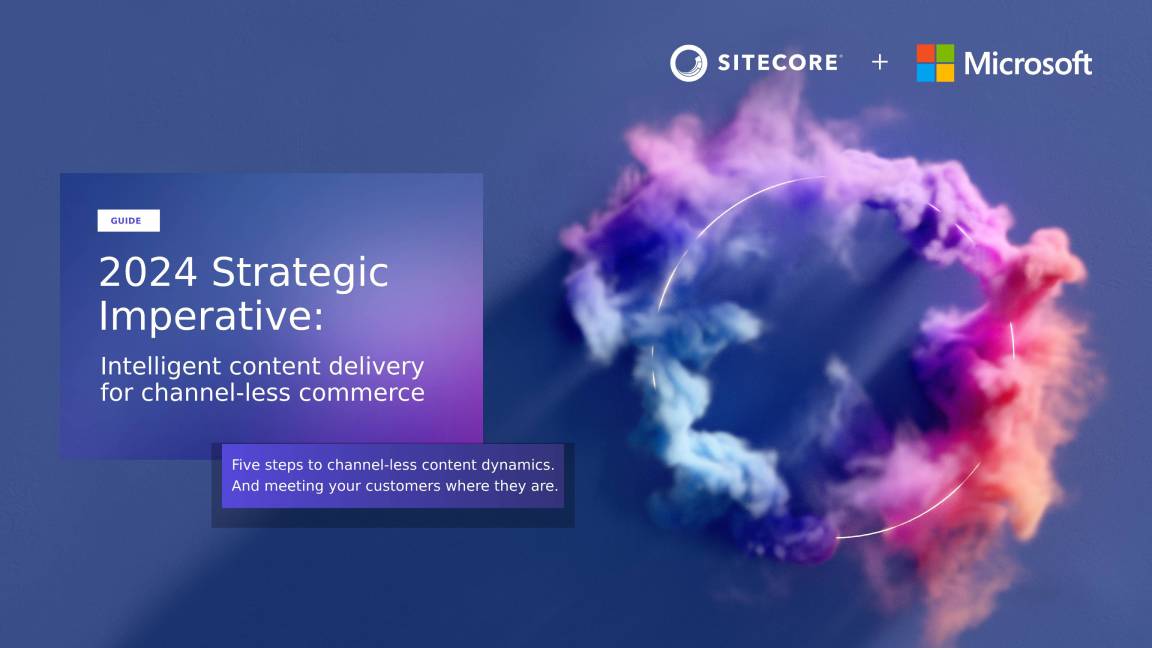
“It is incumbent upon service providers to deliver the best that enterprises can leverage and create a greater value for their own customers and stakeholders,” he said.
“So Gemini is, in my view, much more than a rebrand. It’s Google showcasing its AI native muscles and basically showcasing to the world what Google said at Gemini’s launch that this is the beginning of a Gemini era.”
In the year ahead, Google appears keen to create a ‘Copilot’ effect with its AI brand image. Microsoft has its flagship Copilot range, powered by GPT-4 and embedded across its core product offerings such as Windows and Microsoft 365.
With Gemini, Google now has its one-stop-shop for all things generative AI across its portfolio.

Ross Kelly is ITPro's News & Analysis Editor, responsible for leading the brand's news output and in-depth reporting on the latest stories from across the business technology landscape. Ross was previously a Staff Writer, during which time he developed a keen interest in cyber security, business leadership, and emerging technologies.
He graduated from Edinburgh Napier University in 2016 with a BA (Hons) in Journalism, and joined ITPro in 2022 after four years working in technology conference research.
For news pitches, you can contact Ross at ross.kelly@futurenet.com, or on Twitter and LinkedIn.
-
 How the rise of the AI ‘agent boss’ is reshaping accountability in IT
How the rise of the AI ‘agent boss’ is reshaping accountability in ITIn-depth As IT companies deploy more autonomous AI tools and agents, the task of managing them is becoming more concentrated and throwing role responsibilities into doubt
-
 Hackers are pouncing on enterprise weak spots as AI expands attack surfaces
Hackers are pouncing on enterprise weak spots as AI expands attack surfacesNews Potent new malware strains, faster attack times, and the rise of shadow AI are causing havoc
-
 Google says hacker groups are using Gemini to augment attacks – and companies are even ‘stealing’ its models
Google says hacker groups are using Gemini to augment attacks – and companies are even ‘stealing’ its modelsNews Google Threat Intelligence Group has shut down repeated attempts to misuse the Gemini model family
-
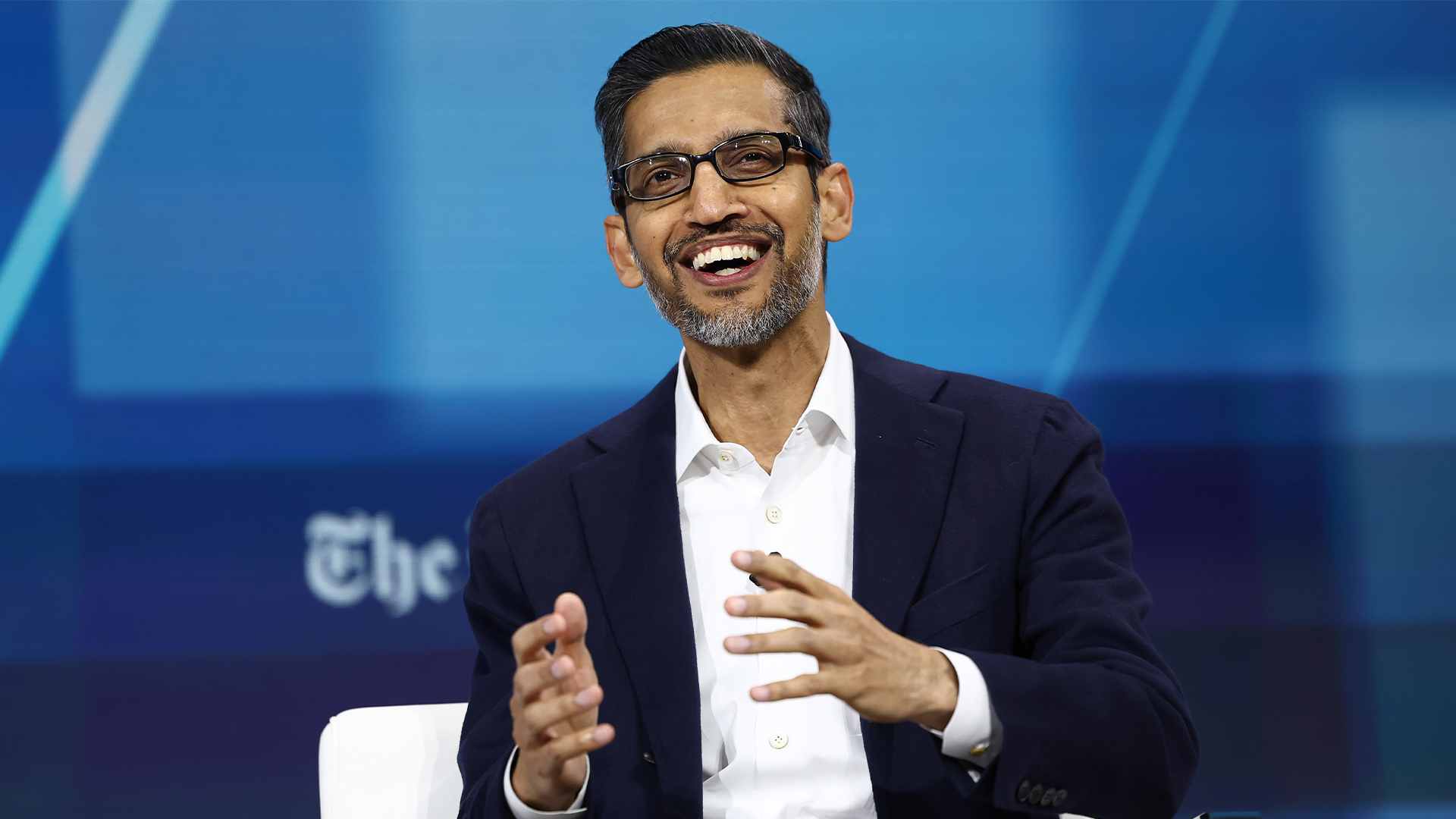 ‘The fastest adoption of any model in our history’: Sundar Pichai hails AI gains as Google Cloud growth, Gemini popularity surges
‘The fastest adoption of any model in our history’: Sundar Pichai hails AI gains as Google Cloud growth, Gemini popularity surgesNews The company’s cloud unit beat Wall Street expectations as it continues to play a key role in driving AI adoption
-
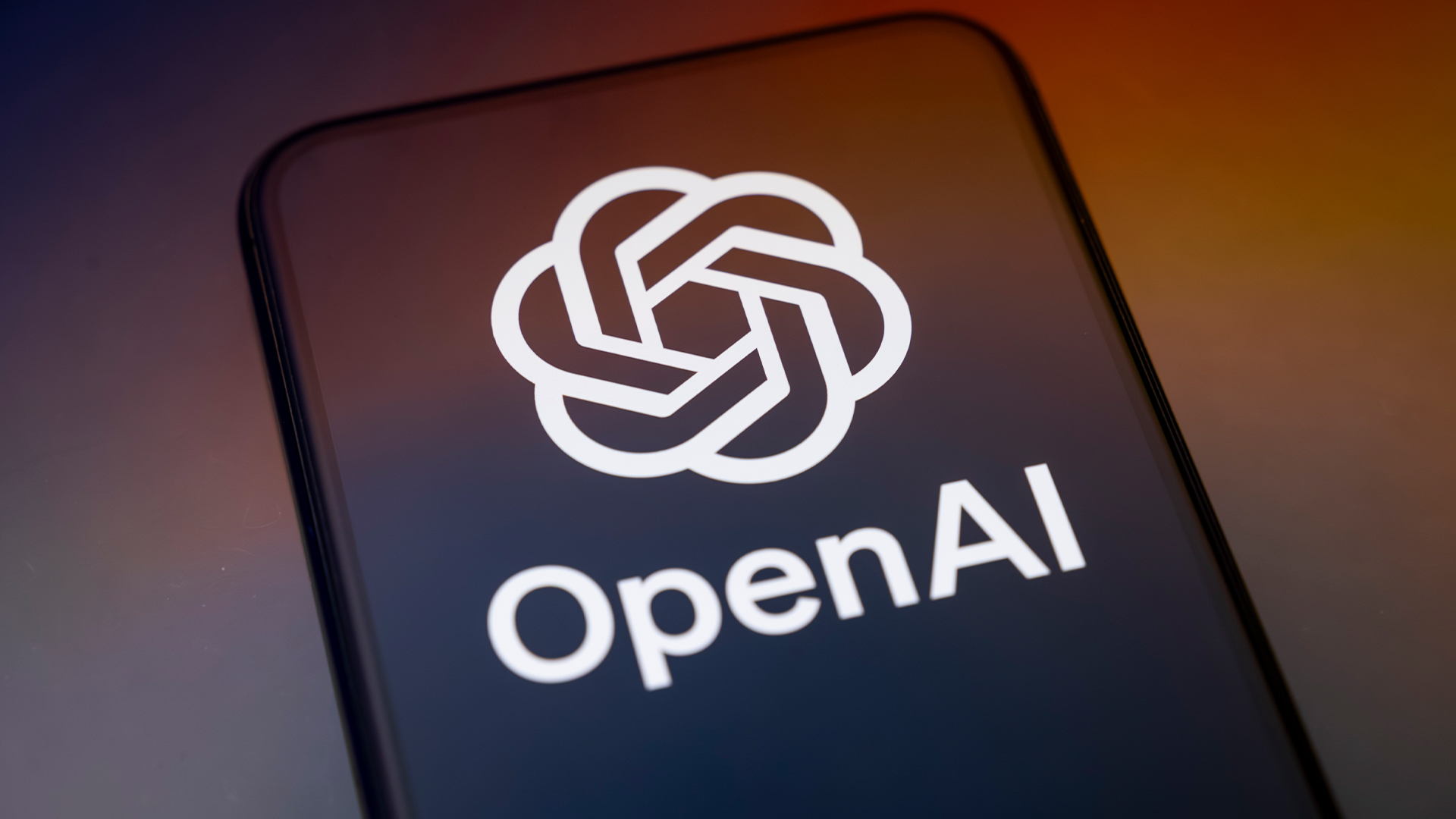 OpenAI admits 'losing access to GPT‑4o will feel frustrating' for users – the company is pushing ahead with retirement plans anway
OpenAI admits 'losing access to GPT‑4o will feel frustrating' for users – the company is pushing ahead with retirement plans anwayNews OpenAI has confirmed plans to retire its popular GPT-4o model in February, citing increased uptake of its newer GPT-5 model range.
-
 ‘In the model race, it still trails’: Meta’s huge AI spending plans show it’s struggling to keep pace with OpenAI and Google – Mark Zuckerberg thinks the launch of agents that ‘really work’ will be the key
‘In the model race, it still trails’: Meta’s huge AI spending plans show it’s struggling to keep pace with OpenAI and Google – Mark Zuckerberg thinks the launch of agents that ‘really work’ will be the keyNews Meta CEO Mark Zuckerberg promises new models this year "will be good" as the tech giant looks to catch up in the AI race
-
 If Satya Nadella wants us to take AI seriously, let’s forget about mass adoption and start with a return on investment for those already using it
If Satya Nadella wants us to take AI seriously, let’s forget about mass adoption and start with a return on investment for those already using itOpinion The Microsoft chief said there’s a risk public sentiment might sour unless adoption is distributed more evenly
-
 Satya Nadella says a 'telltale sign' of an AI bubble is if it only benefits tech companies – but the technology is now having a huge impact in a range of industries
Satya Nadella says a 'telltale sign' of an AI bubble is if it only benefits tech companies – but the technology is now having a huge impact in a range of industriesNews Microsoft CEO Satya Nadella appears confident that the AI market isn’t in the midst of a bubble, but warned widespread adoption outside of the technology industry will be key to calming concerns.
-
 DeepSeek rocked Silicon Valley in January 2025 – one year on it looks set to shake things up again with a powerful new model release
DeepSeek rocked Silicon Valley in January 2025 – one year on it looks set to shake things up again with a powerful new model releaseAnalysis The Chinese AI company sent Silicon Valley into meltdown last year and it could rock the boat again with an upcoming model
-
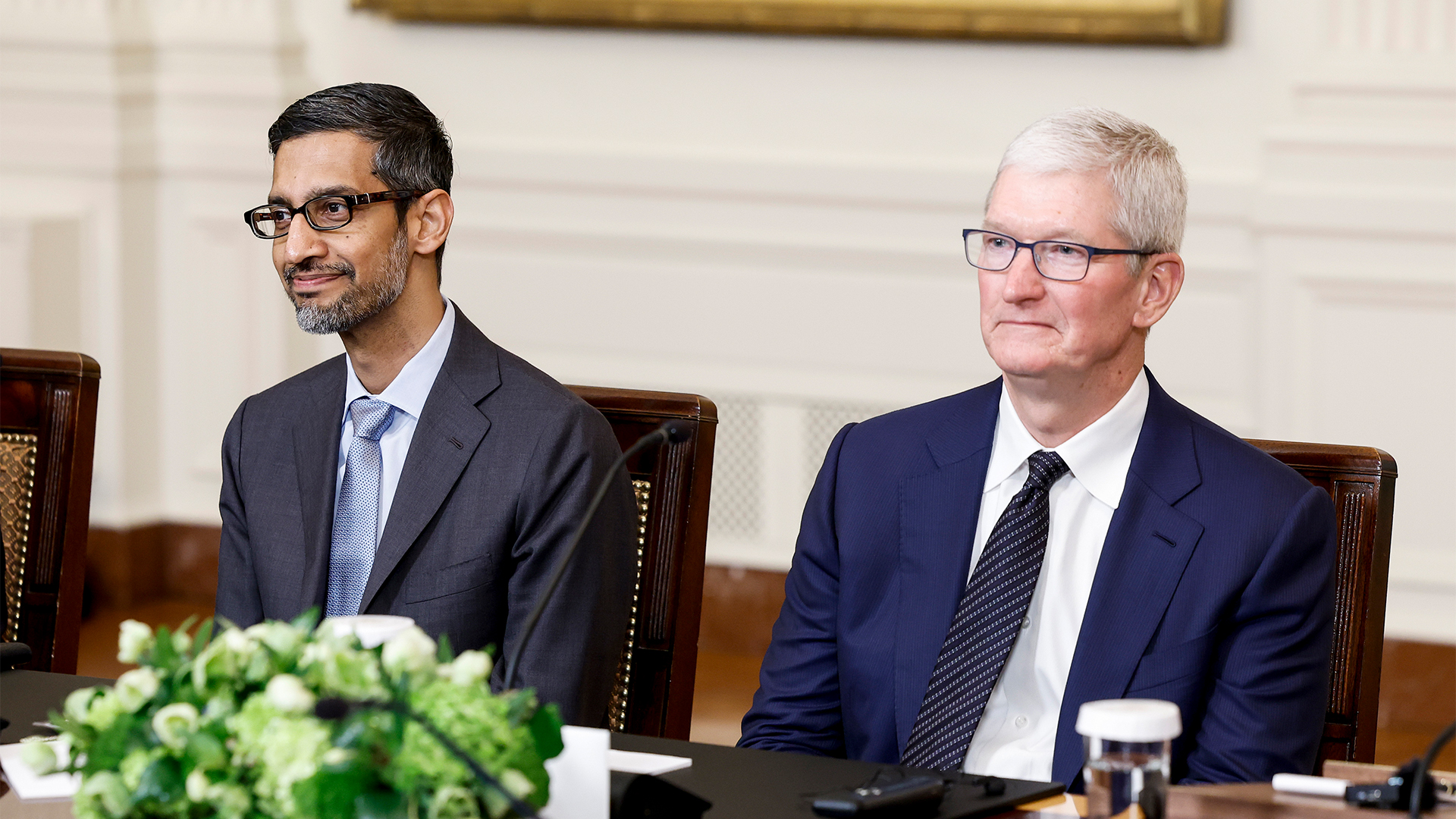 Google’s Apple deal is a major seal of approval for Gemini – and a sure sign it's beginning to pull ahead of OpenAI in the AI race
Google’s Apple deal is a major seal of approval for Gemini – and a sure sign it's beginning to pull ahead of OpenAI in the AI raceAnalysis Apple opting for Google's models to underpin Siri and Apple Intelligence is a major seal of approval for the tech giant's Gemini range – and a sure sign it's pulling ahead in the AI race.
